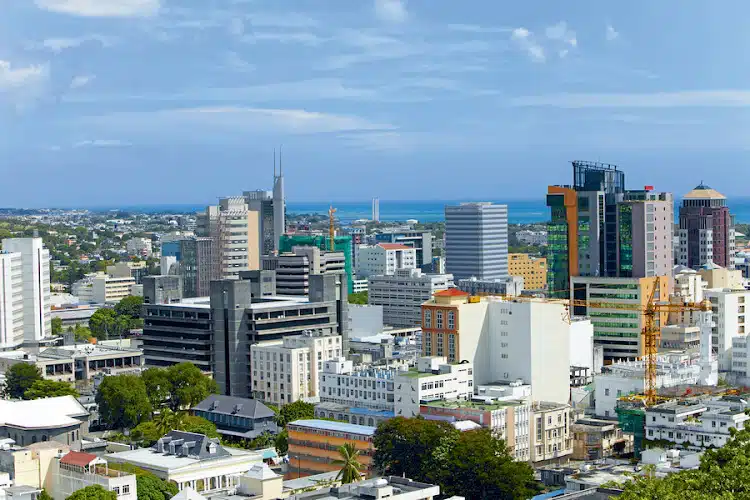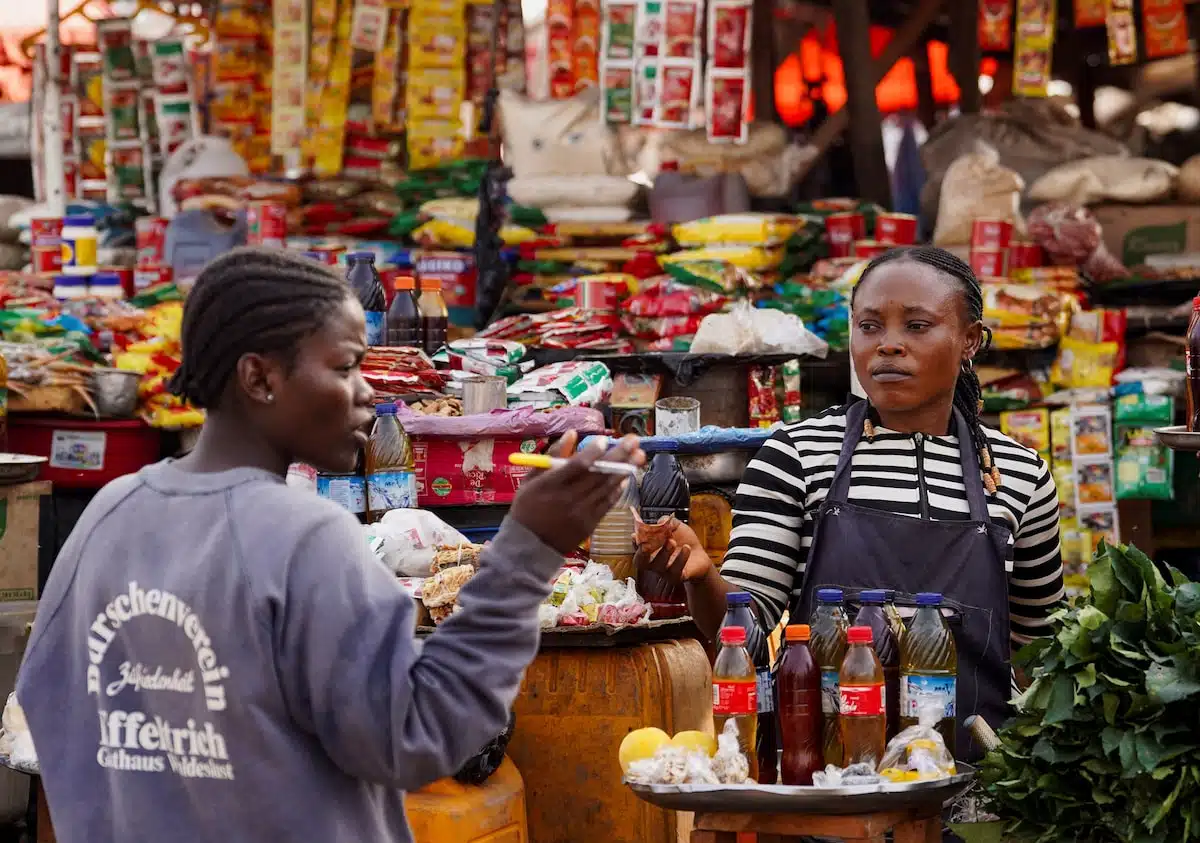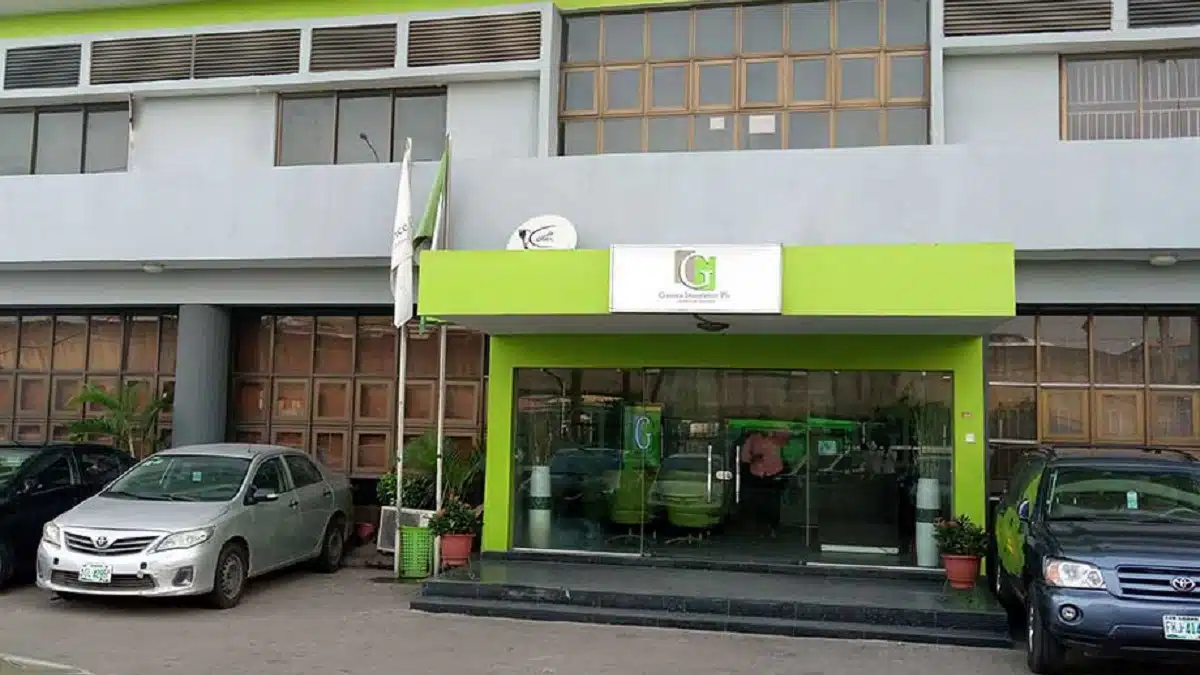Mauritius has overtaken Morocco’s port city, Casablanca, to become Africa’s most competitive financial hub, according to the latest Global Financial Centres Index (GFCI) published by London think tank Z/Yen Group and the China Development Institute.
Financial centres are cities with a high concentration of financial institutions and markets, serving as hubs for capital flows and economic development.
The GFCI, released twice a year, ranks centres using two data sources. The first aggregates 140 quantitative indicators across business environment, human capital, infrastructure, financial sector development and reputation, drawing on multilateral bodies such as the World Bank and OECD.
The second is a survey of nearly 4,900 financial professionals worldwide, including asset managers, banks and fintech operators. Globally, New York retained the top spot, followed by London, Hong Kong, Singapore and San Francisco.
The Mauritius International Financial Centre (IFC) climbed six places in the 38th edition of the index to rank 52nd worldwide, now trailing only Dubai and Abu Dhabi in the Africa and Middle East region.
The Ocean Island nation’s rise reflects its IFC’s positioning as a gateway between Africa, Asia, and the Middle East, with an ecosystem of financial institutions, multinational headquarters, funds, holding companies, and wealth managers.
The sector contributes over $1 billion to the island’s economy, or about 8% of GDP, and supports more than 11,000 jobs. Mauritius offers a competitive fiscal regime with a 15% corporate tax rate, reduced to as low as 3% through partial exemptions, while imposing no capital gains or withholding taxes.
“Taxation significantly sways where financial firms and capital choose to operate, as lower, more competitive rates on corporate profits and financial transactions attract investment,” the index report said.
“A clear, stable, and predictable tax regime is crucial for fostering long-term confidence and reducing compliance burdens.”
Casablanca Finance City held steady in 56th place globally, maintaining its second position in Africa, ahead of Kigali which rose seven places to 65th.
However, respondents see Kigali outpacing Mauritius in the next three years, highlighting Rwanda’s growing influence in global finance.
Lagos remains worst performer
Other African centres on the chart all slipped. Cape Town dropped from 84th to 92nd, Johannesburg from 88th to 94th, and Nairobi from 100th to 105th.
Lagos fell the furthest, sliding 12 places to 119th, leaving it second to last globally—just ahead of Argentina—and Africa’s worst performer for the second consecutive edition.
Nigeria only formally launched the Lagos International Finance Centre in March 2025, when the federal government endorsed the initiative. However, it joined the Index in 2021.









